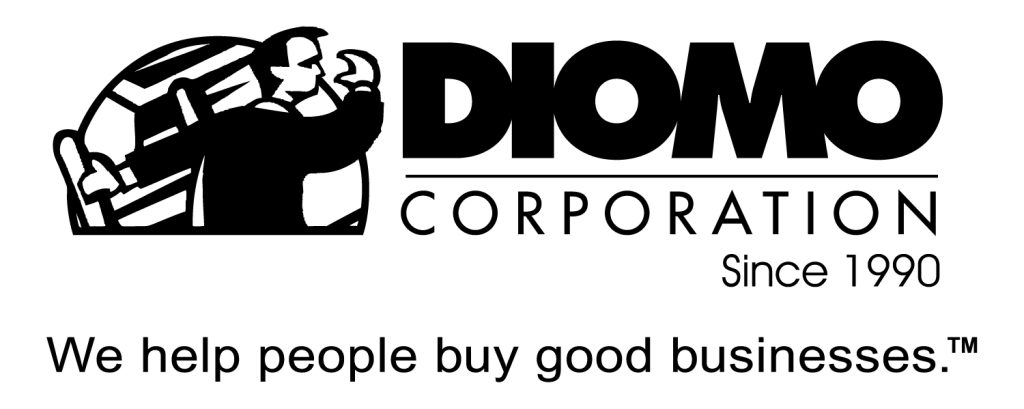One of the biggest problems that many prospective business buyers have is to set unrealistic or too many hard rules about what business they will consider.
While a buyer must have guidelines, it’s equally important that these criteria can be met.
For example, if you determine you will only buy a business that has been operational for ten plus years, or has shown at least five years of growth, or has only had one owner, or retirement is the only acceptable reason for selling, you’re going to be disappointed.
Rather than setting rules which drastically narrow down and usually eliminate any prospects, I have found it far more successful to set operational/business platform rules.
My twenty plus years of business buying has taught me that purchasing a solid business that fits my operational strengths ultimately proves to be far more successful than looking at buying businesses that meet other criteria.
Obviously, financial strength of a business is important and so is a stable past, but frankly, I’m more concerned about the future. Whatever has happened is done; it’s history and my focus is always on what can this business become under my ownership.
I have very stringent rules that any business must have in place for me to consider buying it. Most importantly, it has to be right for me. It has to be a business to which I can apply my strengths. To this end, my rules are quite simple:
Rule # 1: It Must Be Sales and Marketing Driven
My expertise lies in sales and marketing. Although I have become quite well versed in operations over many years of owning businesses, my strength is generating revenues through aggressive sales and marketing initiatives.
Rule # 2: I Love High Margin Businesses
Since my strengths lie in the revenue side, I am never concerned about a company’s sales when I take it over. Based upon my research, if I am confident I can grow the top line, then having a business with high margins will ultimately explode the bottom line.
Rule # 3: It’s Way Too Expensive To Create Demand For A Product or Service
Trust me on this one: if the market isn’t already poised to pay for the what you offer, you will spend way too much time, effort and money trying to raise awareness and create demand. Unless you have a massive budget and can withstand low revenues for a while, chances are you will never get the business to where you may initially think it can grow. Having demand for a product or service does not mean having a “me too” business. I have made a lot of money in highly competitive markets as long as the company has one very unique aspect to its offerings, a competitive advantage upon which it can leverage its growth, which brings me to my next rule.
Rule # 4: Don’t Compete On Price
If a business’ only competitive advantage is being able to sell its products due to a lower price structure, it’s rarely a sustainable model.
The problem is that unless you generate massive volume with offsetting profits, there’s never any excess capital to grow the business. Further, you’re always fending off competitors and faced with going back into business every day.
Rule # 5: Own Something Nobody Else Can Have
Having an element of exclusivity is something that any business I buy must have in place. It doesn’t have to be the product. It can be the territory or a process we have which nobody else can offer. As an example, I’m involved in a wholesale and retail operation of a very common product – footwear. The advantage we have is the capital and direct relationships to purchase all of the overstock and end of lines from various manufacturers. Our retail competitors buy the same merchandise but pay at least 25% more than us which translates to an enormous difference at retail. That’s why our prices are at least a third of theirs and we end up doing around four times more volume per square foot than our leading competitors. Our buying channel is our exclusivity and over time it continues to get stronger due to our volume which further shuts down the competition.
Now Make Your Rules
Whatever rules you establish have to match your strengths.
Don’t get crazy setting up parameters that cannot be met.
Be reasonable and flexible and put a lot of thought into your own unbreakable rules.
Once you have established them it makes the entire process of identifying prospective businesses much easier and will drastically reduce any time spent on a potential business that’s not right for you.

